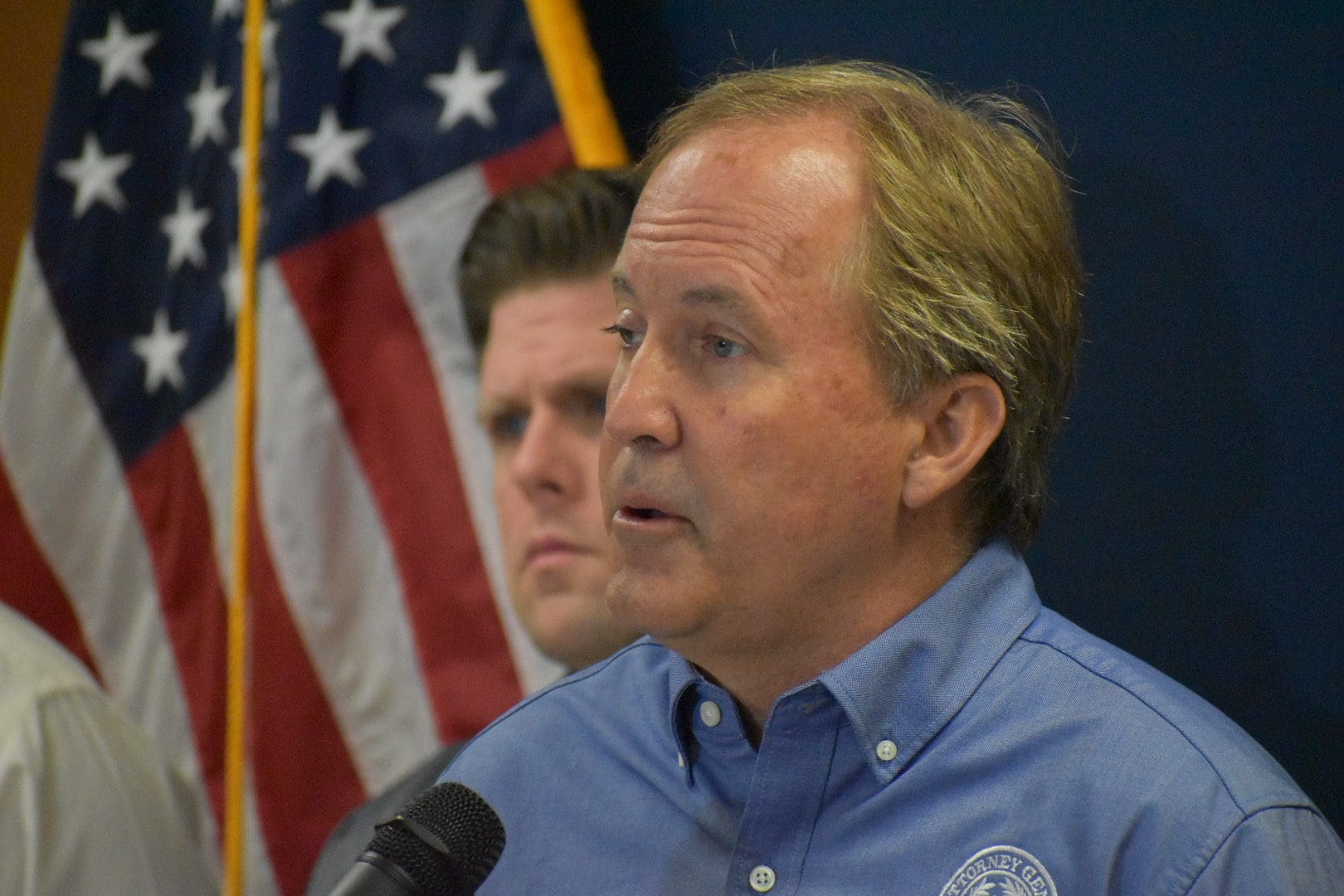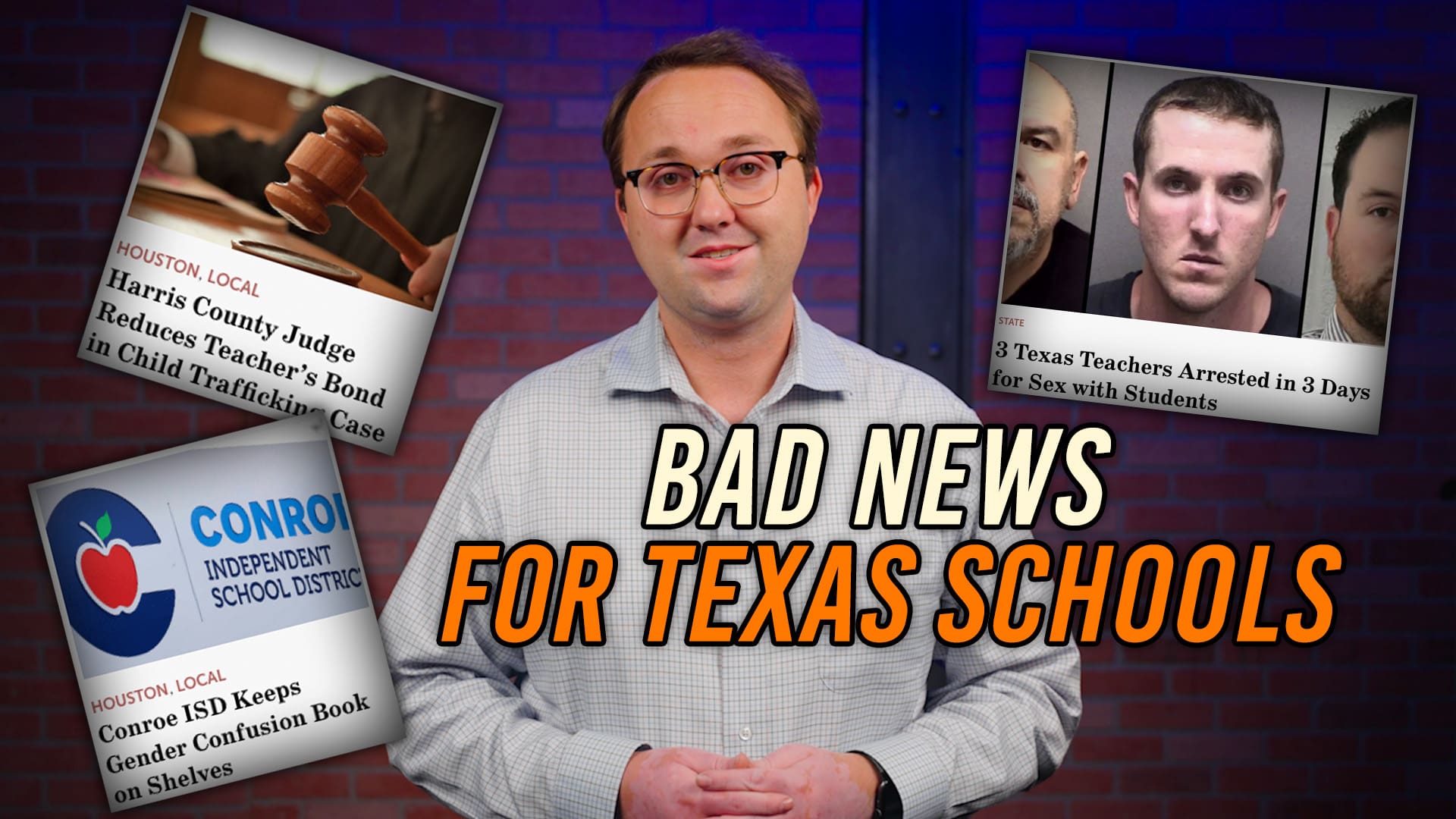Texas senators seem to believe they’re members of an exclusive club, rather than elected public servants. Speaking for the club this week, State Sen. Steve Ogden (R-Bryan), chair of the Finance Committee, told the press it “has always been … pretty hard to penetrate the club, but these outside groups have done it and it’s making it hard to pass the [budget].”
Outsiders? That’s you, the voting taxpayer; the one paying their club dues.
That’s the general sentiment inside the halls of the Senatorial Clubhouse.
Senators are dismayed that their 2012-2013 budget scheme isn’t sailing through the chamber. It’s a spending plan that lives beyond the taxpayers’ means using one-time revenue gimmicks and tapping the rainy day fund.
In conversations this week with senior senate leaders, I was struck by just how out of touch that chamber’s Republicans are with political reality. Senators and staffers – all Republicans – told me they fear being defeated by Democrats in November 2012 unless they break the bank.
Too bad they are afraid of the wrong voters.
Senators, Rs and Ds alike, want to do what Texans don’t: spend lots of money. A scientific poll we conducted earlier this year found 76 percent of voters are “more likely” to vote for someone who cuts spending – that includes 89 percent of Republican voters, 63 percent of Democratic voters and 74 percent of independents.
It was just six months ago that voters kicked record numbers of Democrats out of the Texas House, giving the GOP a super-majority. The U.S. House was swept clean of Nancy Pelosi’s leadership, and the tea party even brought fresh blood to the U.S. Senate. President Obama described November 2010 as a shellacking. That’s putting it mildly.
Republicans elsewhere are taking bold steps (see: WI, OH, NJ, IN, AZ). Even Democrats in New York are showing more interest in budget reform! Americans understand government is creating a looming fiscal disaster, and they see government at all levels as a part of the problem. Why shouldn’t Texas lead the way in providing sound solutions?
Either arrest the growth of government now, or pay the price later.
It’s a price paid at the ballot box. Texas’ state senators might think themselves immune from the impact of the tea party and the general rightward fiscal lean of the Texas electorate. Not so any longer.
State senators historically coasted along under a sort of powerful anonymity. Members of the Texas House have compact districts and can know their constituents personally. Members of the US House have franking privileges, and even obscure ones can appear on Fox News almost at their leisure.
The state senate? None of that.
In 2012 they will all be running in newly redrawn districts – larger than even congressional districts! Lots of new voters, and they cannot protect each other. They’ll have tea party-backed candidates out in full force, activists aligned against them, and members of the Texas House all too eager to toss the upper chamber under the bus as a way to draw distinctions on any number of issues in a red-meat presidential year.
With things like skyrocketing gasoline prices and a national budget bleeding red, the 2012 cycle will be about as fiscally based as ever. And three-in-four voters say they’ll prefer a budget cutter. Republican senators intent on appeasing the yammering rent-seekers, liberal activists and grow-government types need to better tune their ears.
The Texas Senate’s Republican members should first and foremost consider the rank and file of their primary voters. Like the nine-out-of-ten GOP voters preferring a budget cutter to a big-spender. Busting the budget is the Texas Senate’s TARP vote, their bail-out vote.
Republican senators foolishly fear the mythical giants in the Democratic Party more than the assembled conservatives in their own camp.
Let’s be honest: Texas is in no danger of seeing either chamber flip from the Elephant Party to the Donkey Party any time soon; redistricting alone ensures that in 2012. The House GOP will sacrifice seats because of re-districting, not policy votes. Incumbent losses will be in primaries. Those who escape without a primary challenge? They are in danger, but only from an alienated base.
If it were as simple as something in the water flowing to Senate offices distorting their thinking, constituents could just send in bottled water from home.
Unfortunately, it’s an institutional disconnect solved only with more citizen engagement.
If long-serving state senators are dismayed by the shake-up of their club today, just wait and see what happens when those senators continue a course that disregards the clear interests of their voters.
As former senators, they’ll then be free to reminisce about the good-old-days of their chummy club without any voter distraction whatsoever.
(Michael Quinn Sullivan is president of Texans for Fiscal Responsibility, www.EmpowerTexans.com.)




